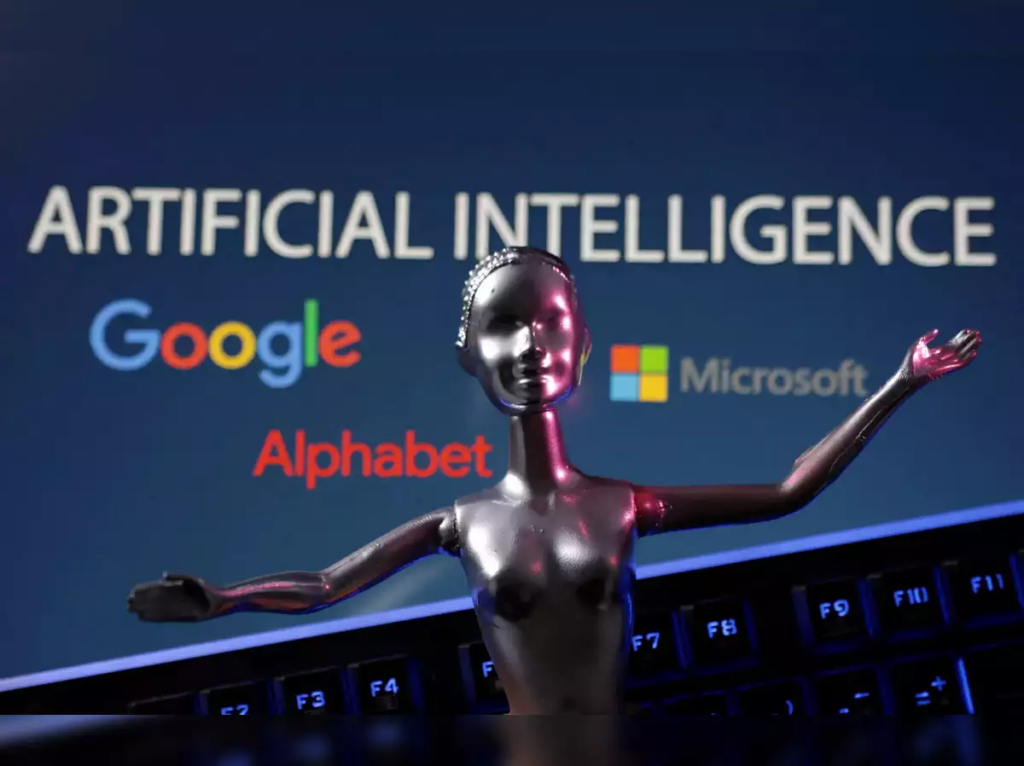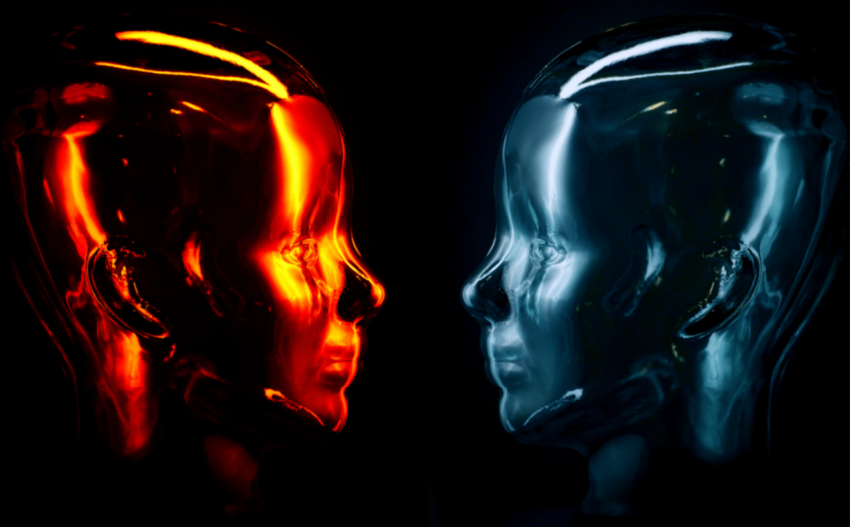Microsoft and Google invested heavily in two of the most valued AI businesses. Microsoft contributed US$10 billion (£7.8 billion) in OpenAI, which created ChatGPT. Google spent US$300 million in Anthropic.
AI funding by firms has highlighted a competition. Google’s rivalry with Microsoft is rapidly shaping AI’s future.
Google invented transformers, a type of machine learning that improves as an algorithm is “trained” on data, advanced language translation techniques, and acquired DeepMind, an AI company.
Google has always led AI development, but ChatGPT was a milestone. OpenAI launched ChatGPT in November 2022 and GPT-4 in February 2023.
AGI—machines that outsmart humans—was widely discussed after ChatGPT’s release. After leaving Google earlier this year, AI expert Geoffrey Hinton warned about this in multiple interviews.
Thus, research on large language models (LLMs), the AI technology ChatGPT uses, increased. AI research on dialogue systems and information retrieval will suffer.

Google may fear losing its technological advantage and business domination amid increasing technological upheaval.
Opposing view?
Concern is justified. ChatGPT, a direct rival, has profited from Google’s pioneering internet search capabilities. Google is also concerned about OpenAI’s quick expansion and talent migration from Google.
OpenAI was built on the idea of producing “open source” software that developers could share and alter. Google has kept its business goals unchanged.
OpenAI’s latest commercialization and closed-source activities seem to contradict its original business philosophy.
Industry insiders have criticized OpenAI’s conflicting stance. While it promotes open-source AI, it is a business organization.
The conflict between OpenAI’s public image and financial reality has heightened the competition with Google.
To stay ahead in the market, AI technology may evolve and improve due to this rivalry. Google’s methods, used by OpenAI for profit, may be improved.
This progression will boost AI application functionality and user experiences.
Microsoft’s corporate vice president, Yusuf Mehdi, reportedly stated that the corporation didn’t need to reinvent the search environment because a one-point market share rise was worth US$2 billion. They may be shrinking to reduce tech industry competition.

More scrutiny
Microsoft’s partnership with OpenAI complicates this contest. Google invests in other AI initiatives to expand its reach.
Google invested in Anthropic, an AI research startup, to preserve its technical edge through strategic alliances.
ChatGPT’s potential for misinformation and distortion worries many, including me. 2.53% of the world uses it.
Social media deception has destroyed confidence in online material and affected the 2016 US presidential election.
With ChatGPT’s large user base, tech corporations might control chats to influence consumers’ tastes and decisions. Thus, larger language models require greater oversight and control.
Google is a recognized tech company despite AI competition. Google and Microsoft’s AI competition has pushed this technology’s limits, promising significant advances in the future.
This competition’s talent acquisition and strategic investment tactics reflect AI’s high stakes. These organizations get an edge by hiring elite individuals to improve their AI skills.
Strategic investments allow diversification and development into new AI applications and areas, boosting their AI market share and impact. These behaviors show how AI technology might shape our future.

